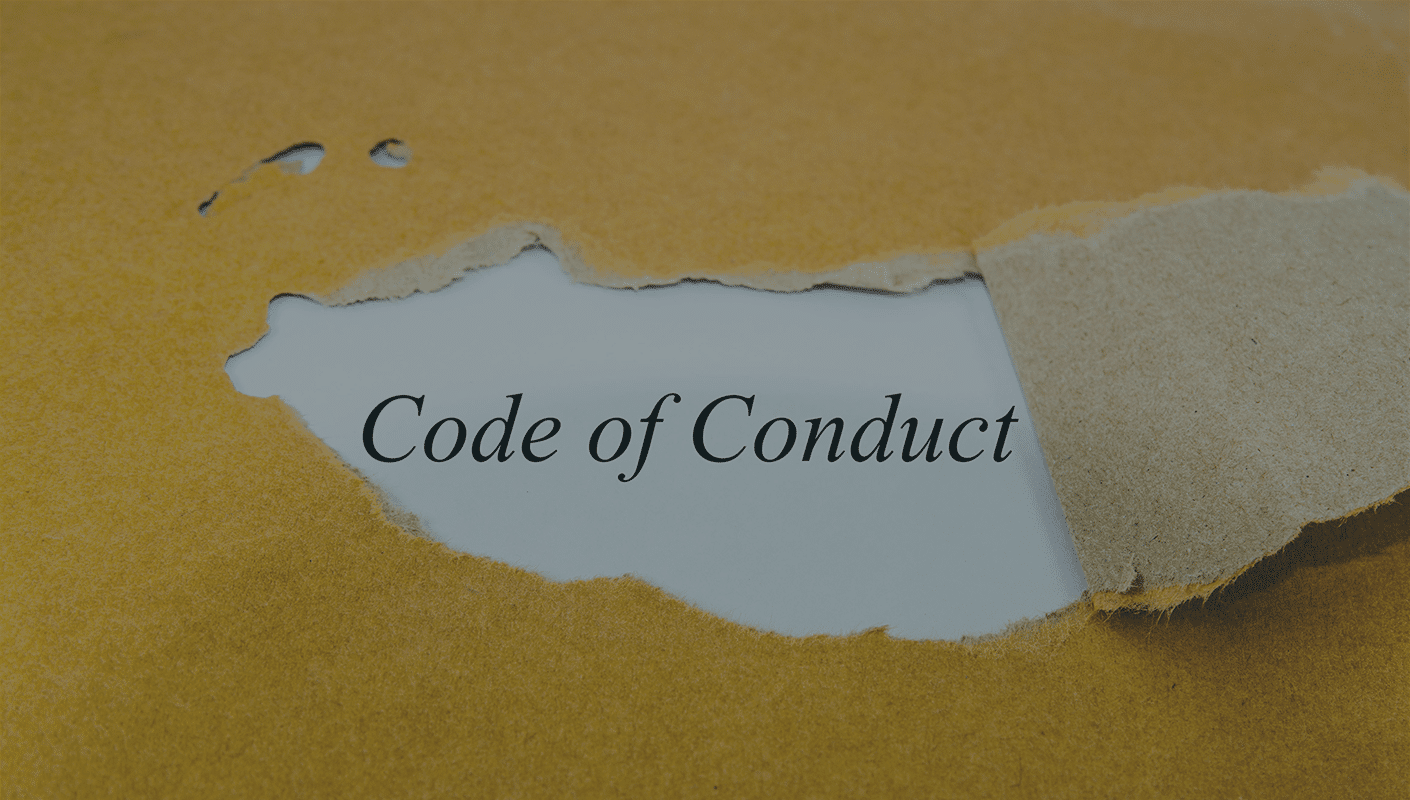Articles
<< back to all ArticlesBy-Law Newsletter: Re-visiting your Code of Conduct Bylaw

Re-visiting your Code of Conduct Bylaw
Approximately five years ago, the Municipal Government Act was amended to require, in section 146.1, that all municipalities pass a Code of Conduct Bylaw. Alberta Regulation, 200/2017, the Code of Conduct for Elected Officials Regulation was also passed. Section 7 of the Regulation requires that the Code of Conduct Bylaw be reviewed at least every four years, meaning that for many municipalities, it is timely to review the Code of Conduct Bylaw. This article focuses is on the process and procedure aspects of a Code of Conduct Bylaw so that complaints are resolved in a manner that ensures procedural fairness.
The Regulation provides further detail on the topics which can be addressed in the Bylaw, including:
- who is responsible for representing and communicating on behalf of the municipality;
- the requirement for respect for council’s decisions;
- the requirement for respectful interaction between council, staff and the public;
- the use of confidential information; and
- the use of municipal assets.
The Regulation also requires the Bylaw to include the list of potential sanctions set out in the Regulation. The potential sanctions for a breach range from a letter of reprimand or apology, to publication of the letter, to removal from committees and suspension of councilor remuneration. Many Code of Conduct Bylaws address the conduct requirements, potential breaches and sanctions relatively thoroughly. However, the procedure for resolving a complaint is often not considered in as much detail in the Bylaw.
From a procedural perspective, the Regulation states that the Code of Conduct Bylaw must address who can file a complaint, the method to file a complaint, the process to determine if the complaint is valid, and the process to determine how sanctions are imposed. Aside from these brief requirements, very little direction is provided about how to draft the procedural aspects of the Bylaw. What follows is a list of suggested procedural areas which we recommend you consider for your Code of Conduct Bylaw:
- considering that complaints might be filed between councilors or between staff and a councilor, is there a role that a mediator trained in alternative dispute resolution could play in resolving complaints, having regard for the need to maintain a working relationship after the complaint;
- the Regulation requires that an initial determination be made regarding whether the complaint is valid, we recommend that this decision be made by an independent third-party investigator;
- the Regulation does not specify whether reasons are required in determining if a complaint is valid, however, this decision is subject to judicial review by the Court, and you may wish to consider stipulating in your Bylaw that reasons for the decision are required;
- reasons explain how the decision maker interpreted the wording of the Bylaw, how the evidence was weighed and the findings of fact made by the decision maker;
- reasons serve the purpose of explaining the decision to the parties and if needed to the Court on judicial review;
- another important procedural consideration for your Bylaw is whether or not the complaint process and complaint decision are to be kept confidential, if your Bylaw requires the investigators report to be put before Council, you will need to consider whether or not Council can move into closed session; and
- if your Bylaw is structured such that the investigator makes a recommendation to Council, who then holds its own hearing and decides if there was a breach and imposes sanctions, consider whether a councilor who is either the complainant or the respondent should participate as a decision maker, and whether council could find itself in a situation where they don’t have quorum.
Revisiting and refining the procedural aspects of your municipality’s Code of Conduct Bylaw is critical to fostering transparency, fairness, and effective conflict resolution. The above suggestions will help to create a robust and equitable framework for handling complaints.
Stay informed with By-Law Newsletter, an annual newsletter bringing you updates and legal insights on topics that Alberta municipalities are facing today. Watch for new articles over the coming months or sign up for our mailing list to receive them directly to your inbox.
This post is meant to provide information only and is not intended to provide legal advice. Although every effort has been made to provide current and accurate information, changes to the law may cause the information in this post to be outdated.

